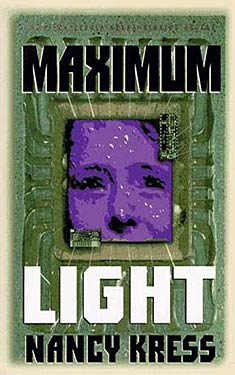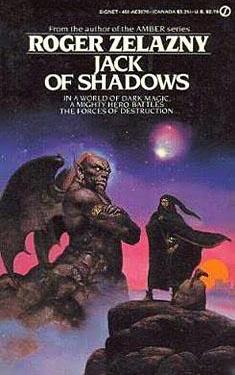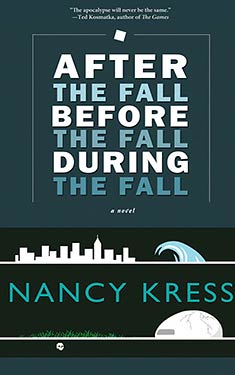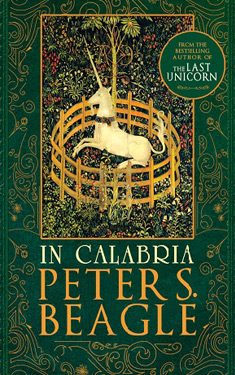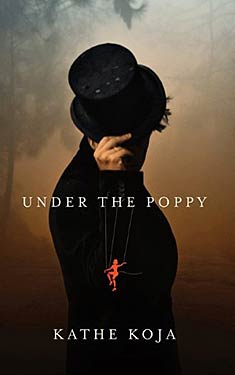Virginia
Woolf
Completed 8/27/2019,
Reviewed 8/27/2019
3 stars
I haven’t
read much classic literature. I often
find it difficult to read, being so different than contemporary writing. Often I find the prose, while beautiful, gets
in the way of plot and characters. “Orlando:
A Biography” is one such book. It is beautifully
written, with lush prose and imagery.
However, there is little to no plot, only a concept really, that the
main character begins the tale as a man and halfway through the book, wakes up
a woman. Woolf acknowledges in the book
that there isn’t a cohesive story.
Rather, it’s a biography, so it jumps from point to point in Orlando’s
life. It is a fantasy, though not in the
traditional sense, but in that something fanastical happens and the characters
react to it.
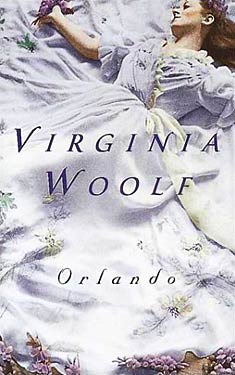 The book has
been described as a love-letter to Woolf’s lover, Vita Sackville-West, where
VSW’s life is thinly recounted as the character Orlando. There was an introduction, a preface, and
annotation. There is a little information
about VSW. Unfortunately, the notes
weren’t noted with numbers in the text.
They were all just gathered at the end, seventy pages worth. Bouncing back and forth between the text for
that many notes would have been somewhat tiring, but it probably would have
added a lot of understanding of VSW’s life as well as Woolf’s jokes, irony, and
satire. Needless to say, I think I
missed a lot of this.
The book has
been described as a love-letter to Woolf’s lover, Vita Sackville-West, where
VSW’s life is thinly recounted as the character Orlando. There was an introduction, a preface, and
annotation. There is a little information
about VSW. Unfortunately, the notes
weren’t noted with numbers in the text.
They were all just gathered at the end, seventy pages worth. Bouncing back and forth between the text for
that many notes would have been somewhat tiring, but it probably would have
added a lot of understanding of VSW’s life as well as Woolf’s jokes, irony, and
satire. Needless to say, I think I
missed a lot of this.
The story begins
in the 1500s with Orlando is a nobleman.
It recounts some episodes from his youth, including an encounter with
Queen Elizabeth I. As he grows older, he
falls in love with a Russian noblewoman during the Great Frost, when the river
Thames froze over. The relationship does
not succeed, and Orlando takes a post as an ambassador in Turkey. There, he one day wakes up to discover he’s
become a woman. She eventually returns
to England where she lives for over three hundred years.
The prose
really is gorgeous. It had a very
pacifying effect on me, often making me sleepy.
Now, I do often fall asleep while reading, but the nature of this book
was simply very lulling. There is
nothing really dramatic that happens to keep the adrenaline pumping, no action
to speak of, just beautiful words and sentences. Perhaps if I was more trained in the
classics, I would have found this riveting in and of itself.
I give this
book three stars out of five. It’s good,
but not exactly my cup of tea. I’m not
quite cultured enough to appreciate this type of literature. Perhaps if I read this for a class, I would
have gotten much more out of it. I’m
glad I read it though, if nothing else, as an exercise in the classics.
